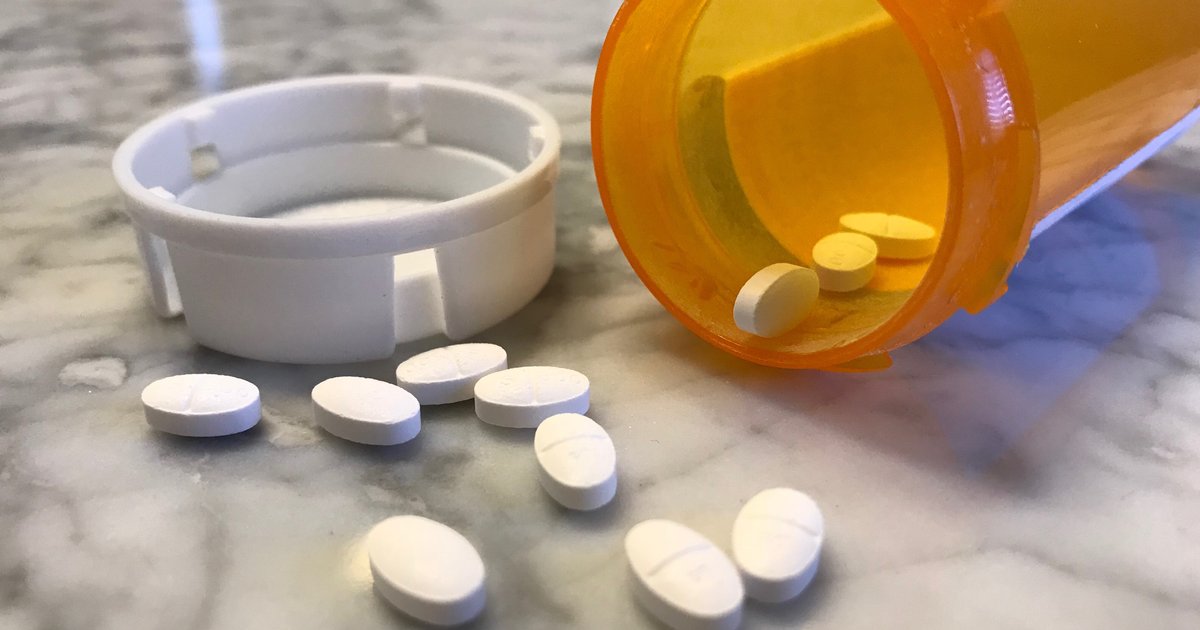How Heart Valve Problems Are Treated
Anticoagulants

Anticoagulants, which are more commonly known as blood thinners, are medications that reduce a patient's risk of blood clots. Some of the major types of anticoagulants include warfarin, heparin, and dabigatran. These are often recommended for patients who have a heart valve replacement using a man-made valve, and patients who have this done will need to take blood thinners for the rest of their lives.
Blood thinners are also needed for patients with particular types of valve disease such as mitral valve stenosis and other conditions that increase the risk of blood clots. Side effects from blood thinners include cold hands and feet, easy bruising or bleeding, blood in the urine, dark stools, as well as pain or temperature changes in the hands, fingers, feet, and toes. Blood thinners are taken as oral tablets each day, and intravenous blood thinners can be administered at hospitals when needed.
Beta Blockers

Beta blockers are medications that slow the heart rate so the heart can work less. Patients often find these medications reduce palpitations. Common types of beta blockers include acebutolol, atenolol, bisoprolol, nadolol, and propranolol. Potential side effects include weight gain, cold hands and feet, fatigue, heartburn, sleep disturbances, nightmares, and dry eyes. Beta blockers are not recommended for patients with asthma or other breathing problems, as they may cause severe asthma attacks.
Diabetes patients who use these medicines should exercise caution as the medication can mask high blood glucose levels, and thus, they may want to check their blood sugar more frequently. Patients using these pills should consider monitoring their weight, pulse, and blood pressure at home, and any side effects should be reported to the patient's medical team.
